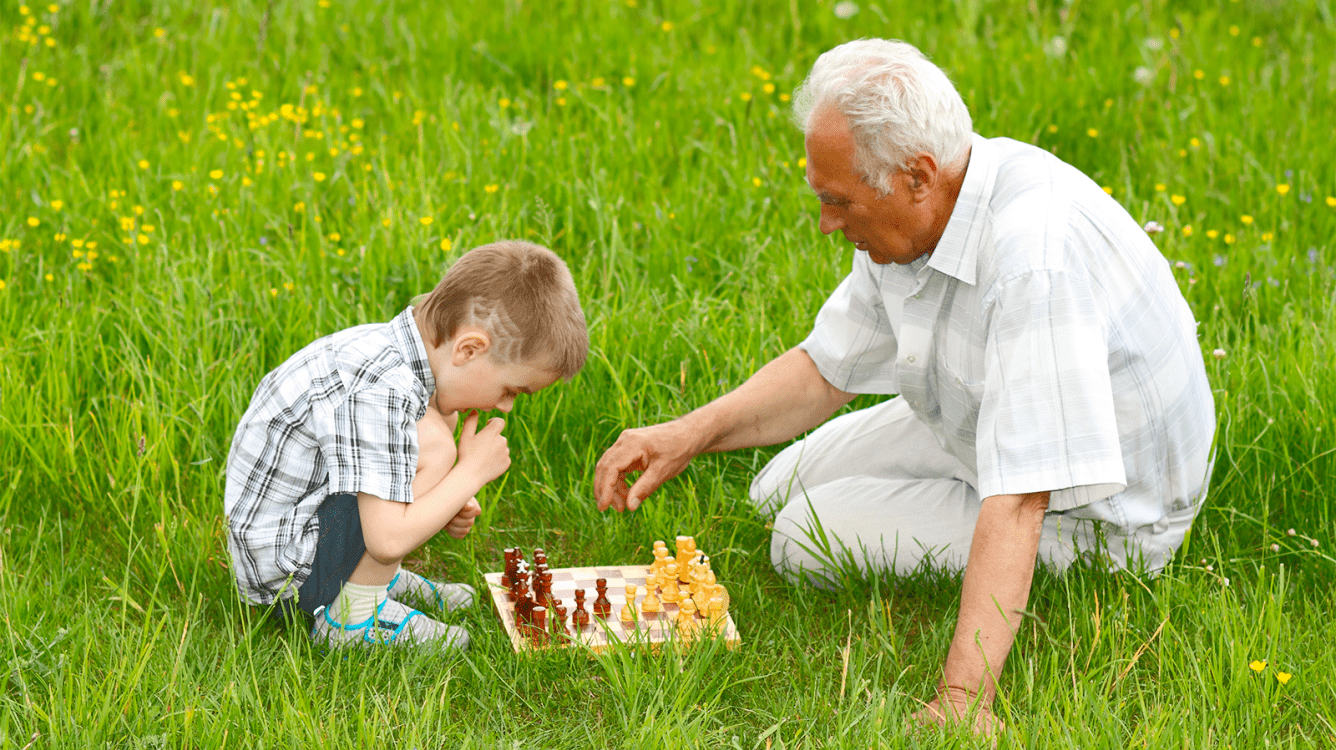
Top Chess Players Peak Between 35 and 45, Research Shows
Top chess players play at their best between ages 35 and 45, according to a scientific paper published on Monday that discusses performance data based on games of chess world champions and their opponents.
Playing strength increases rapidly until elite players are 20 and shows slower growth around their 35th birthday. Their performance gets worse after they're aged 45. The data also provides evidence that the general level of play has increased over the years.
The paper, titled "Life Cycle Patterns of Cognitive Performance over the Long Run" and published in PNAS, uses chess as a way to estimate the life cycle patterns of cognitive performance.
According to the researchers, chess is especially suitable for this type of research because of the availability of direct measures of cognitive performance that exhibit within-person variation over a sufficiently large age spectrum and that are comparable across individuals and over time.
Also, chess has been used before in psychology and neuroscience as a paradigmatic cognitive task that combines processes related to perception, memory, and problem-solving. According to the writers, the quality of a particular move reflects an ideal measure of performance that can be measured against an objective and non-time-sensitive benchmark: the evaluation function of a chess engine.
The writers created a database of over 24,000 games at a standard time control played between 1890 and 2014 by all the world champions, from Wilhelm Steinitz all the way to Magnus Carlsen. More than 1.6 million move-by-move observations were made, which provided performance information for both the world champions and their respective opponents.
The researchers only considered the phase between move 10 and move 100 to rule out most of the "book moves" and didn't consider games that lasted fewer than 20 moves. In total, 4,294 players (20 world champions and 4,274 opponents) were observed, and 3,422 players were omitted because fewer than five games were observed for each of these players. For the engine, Stockfish 8 was used.

The findings confirm the hump-shaped profile of performance over the life cycle, as shown in earlier literature. On average, the players played about 50 percent optimal moves at their peaks (i.e., around the age of 40), and 60-year-olds score four percent lower than 35-year-olds.
When looking at the time periods when the players lived, the researchers discovered that the average performance was substantially higher for later-born birth cohorts. The increase in performance among players born after the 1970s compared with players born around the 1870s corresponds to approximately eight percentage points (from 44 percent optimal moves to approximately 52 percent optimal moves). Players born around 1960 already exceeded 50 percent. When the year of birth is 1990 (the case for Carlsen), it even exceeds 55 percent.
The researchers also tried to figure out whether and how these dynamics affect an age-performance profile. What they noticed is that the increase in performance is more pronounced among younger ages for the players who were born more recently, particularly for ages younger than 20.
Another finding is that the average number of moves per game has increased considerably during the most recent decades. This, and the aforementioned increased performance among younger players of recent times, might reflect the improvements in preparation and training tools thanks to stronger engines.


